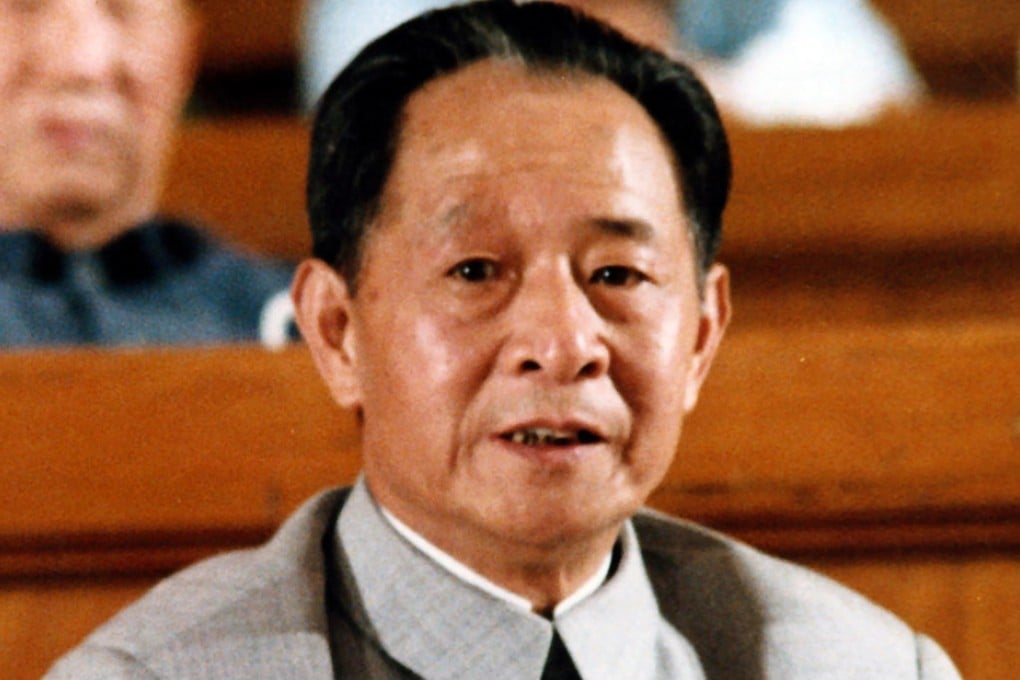Courage needed to undertake political reforms
Twenty-five years after the death of Hu Yaobang , a liberal respected for his integrity, his successors continue an unprecedented campaign to reinforce the Communist Party's legitimacy by stamping out official corruption

Twenty-five years after the death of Hu Yaobang , a liberal respected for his integrity, his successors continue an unprecedented campaign to reinforce the Communist Party's legitimacy by stamping out official corruption. Many people would draw a historical connection by agreeing with Hu's son Hu Dehua that the 1980s were a missed opportunity for political reform, and lamenting that if the party had promoted the liberalisation championed by his father and fellow deposed party chief Zhao Ziyang, China might not now be wracked by corruption at every level of society.
Hindsight aside, there is no question that Hu was one of China's most liberal leaders. He played a pivotal role in rectifying the excesses of the Cultural Revolution and Mao Zedong's policies, including the persecution of millions. In 1981, Deng Xiaoping handpicked him as party chairman, a post later renamed general secretary. But he became a victim of internal party politics, being forced to step down in 1987 for failing to check the spread of "bourgeois liberalisation". It was a charge that ran counter to public sentiment, as evidenced by public mourning after his death in 1989 that led to a student demonstration against corruption and misgovernment, and the June 4 crackdown.
As a result he remained a taboo subject until recent years, when the authorities gradually allowed his name to be mentioned. This reflected the fact that former president Hu Jintao and his generation had risen under Hu, seen as a mentor to the party's youth wing. In the wake of June 4 and the collapse of the Soviet Union, the leadership resisted liberal ideas. That remained true of Hu Jintao during his 10 years in office and others Hu mentored, who did very little to promote liberalisation. But calls for his full rehabilitation have been mounting, as reflected in Hu Jintao's surprise visit to Hu's former residence at the weekend to pay tribute.
Fighting corruption is good. But to rein it in and put the nation on the right path, China needs to undertake political reforms that make officials more accountable and the system more transparent, and allow a free press to monitor official conduct. Only then can the country move confidently forward. Anti-corruption measures can achieve short-term results but, in the long term, the party and the people must have the courage to take up the reforms once championed by Hu Yaobang and carry them forward.
